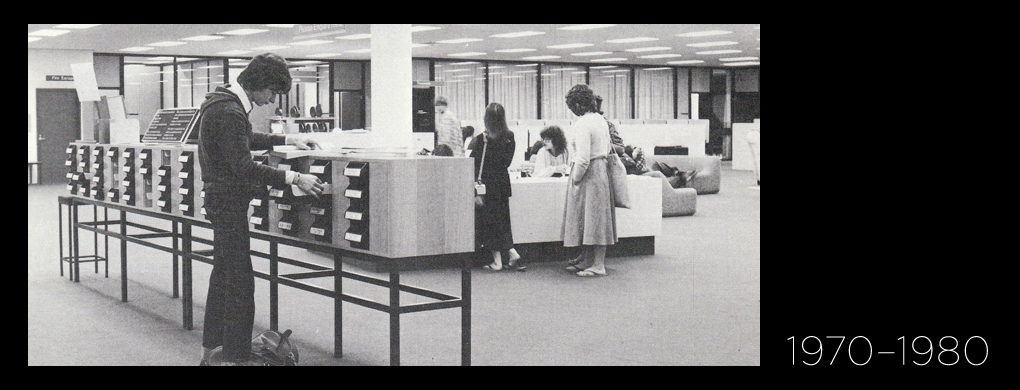Collingwood Tech in the 1970s – a ‘tough reputation’ belies a diverse reality.

By the 1970s Collingwood Technical School had changed considerably – most of the boys in the junior and senior secondary classes no longer spoke English as their first language – but one thing that hadn’t changed was the school’s ‘tough’ reputation. Vice-Principal, G Lees, noted this in his article in the 1974 edition of Turawan: ‘Collingwood Technical College is large and complex and, from the outside, it looks forbidding and impersonal. From experience I have found that it is not like that.’
CTC had developed this underserved reputation well before the 1970s, probably because of its location in an area that was heavily working-class and had people like gangster ‘Squizzy’ Taylor in its past history. Although, there were plenty of problems as Lees notes: ‘Shortage of teachers for remedial subjects and migrant education; new boys who cannot speak any English; long distances to sporting facilities; lack of recreational facilities and very restricted playing space.’
Despite its somewhat exaggerated reputation, the reality at CTC was probably somewhat different as suggested by staff member, Chaplain Graham Lord, in the 1972 edition of the CTC magazine, Turawan:
‘Collingwood Tech! That’s the place where the teachers wear bullet-proof vests, said the TV repairman when I told him I was to be Chaplain at this school. His comment was not unlike many others I heard from friends and acquaintances who learned of my new appointment. How wrong they were!
After two years at CTC I can honestly say I have not seen one bullet-proof vest, and no one has hit me with anything more deadly than a ping-pong ball.
How the rumour that CTC is a kind of ‘Blackboard Jungle’ started is anybody’s guess. Perhaps there have been times in the past when this type of description fitted, but it certainly does not now. Of course there are some students who try to act ‘tough’, mistakenly thinking that this is a sign of manhood, but these are few in number. In fact from my experiences at this college I consider the students here to be more friendly and better behaved than at some other schools I have taught.’
Lord also reflected on the diversity of languages spoken by the students at CTC:
‘As in any school there are problems TO BE OVERCOME. Language is one problem. For many in this school, English is a second language and so they do not understand much of what is said in the class-room. As a result, not only is their education held back, but they suffer from boredom and frustration which often leads to unrest and misbehaviour. The answer to this problem does not depend entirely upon the teachers, but also upon the students trying very hard to improve their speaking, reading, and writing in English. Parents can help tremendously in this regard by insisting that English be spoken in the home and that reading material in this language is available for, and read by, the boys at home. In other words, problems can be overcome when parents, students, and teachers work together as a team.’
(from ‘Turawan’, College magazine, 1972, quoted by Scott, Ian D. ‘COLTECH: a story of technical education in Collingwood, 1870-1987.’ Melbourne, Collingwood College of TAFE, 1988.)